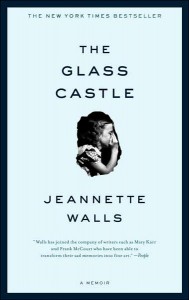
I keep wanting to call it a keynote. I’m just going to call it the 2011 AWP Conference Pedagogy Forum in Nonfiction’s Keynote Craft Lecture.
Here’s some of the gist of my paper:
This exercise asks students to focus on form and structure while keeping content off their radars. Specifically, students are told to write an essay in which nothing is true, everything is made up. They cannot, however, produce fiction. This tension helps us talk in class about just what it is that makes an essay an essay. If nonfiction is no longer beholden to “the truth”, what makes it distinct from other genres?
I did this with my graduate students this semester as an in-class exercise, and they all (or, well, those that spoke up) seemed to love it. What I did was give them titles of essays on index cards. I recall “On In-Laws” being one of them. The questions I had are the questions I have about nonfiction that interest me. Who starts with history? Who (like me, all the time) leans on etymology for insight? Who explores through personal narrative and who avoids it?
Of course, writing something in which nothing is true is impossible. A lot of them go to the truth. It’s not a problem; they have to, really. Maybe it doesn’t logically follow (please remark) that because it’s impossible to make everything up, it thus is equally impossible to make nothing up. Maybe this isn’t a sound argument for the allowance of invention in nonfiction.
At any rate, I’ve got a 15-minute paper to write before February.
